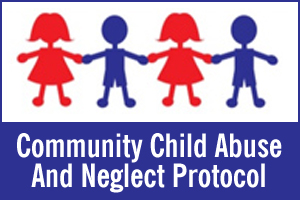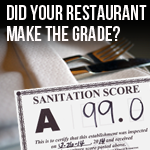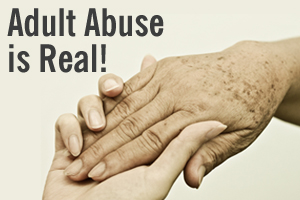Child Abuse Is . . .
- Inflicting or allowing someone else to inflict physical injury on a child by other than accidental means, causing death, disfigurement, skin bruising, impairment of physical or emotional health or loss or impairment of any bodily function.
- Creating or allowing to be created a substantial risk of serious physical injury.
- Using or allowing to be used grossly inappropriate devices or procedures to modify behavior.
- Domestic violence.
- Committing or allowing to be committed any sexual offense against a child as defined in the criminal code. This includes but is not limited to rape, crime against nature, incest, preparation or distribution of obscene material of the juvenile, sexual exploitation, promoting the prostitution of the juvenile, and/or taking indecent liberties with the juvenile regardless of the age of the parties.
- Creating or allowing to be created serious emotional damage to the juvenile as evidenced by severe anxiety, depression, withdrawal or aggressive behavior.
- Encouraging, directing, or approving of delinquent acts involving moral turpitude committed by the juvenile.
Child Neglect Is . . .
- Failing to provide proper care, supervision, or discipline from the juvenile’s parent or guardian.
- Abandonment by the parent or guardian.
- Failing to provide necessary medical care or necessary remedial care.
- Living in an environment injurious to the juvenile’s welfare.
- Creating a substantial risk to the physical or mental health or development of a child.
Child Dependency Is . . .
- Needing assistance or placement because the child has no parent, guardian, or custodian responsible for care or supervision.
- Needing assistance or placement because a parent, guardian or custodian is unable
to provide for care or supervision and lacks an appropriate alternative childcare
arrangement.
- The parent or guardian’s inability may be due to physical or mental illness, substance abuse, developmental disability, arrest or natural disaster and may be temporary or permanent.
- The parent or guardian’s inability may be due to the child’s extraordinary needs such as severe illness or disability.
Source: NORTH CAROLINA GENERAL STATUTES - Chapter 7B Juvenile Code
- Child Protective Services Home
- Abuse, Neglect & Dependency
- Indicators of Potential Abuse, Neglect & Dependency
- Reporting Abuse, Neglect & Dependency
Emergency Rental
Assistance Information
Final ERAP Application Deadline is June 15, 2022











